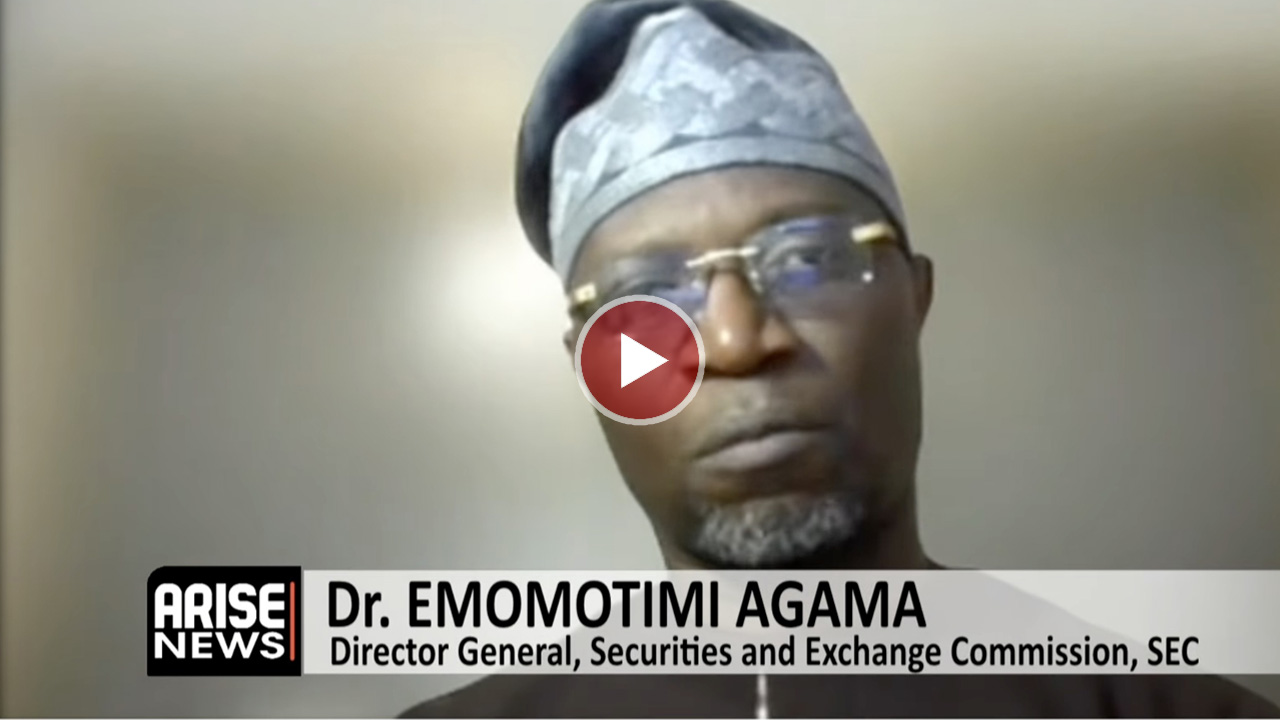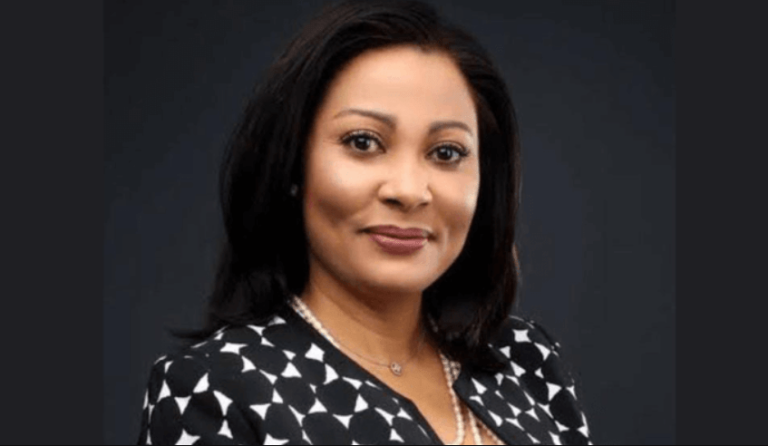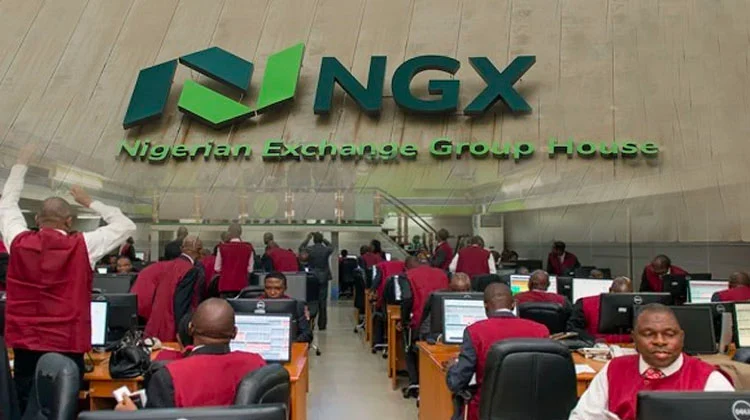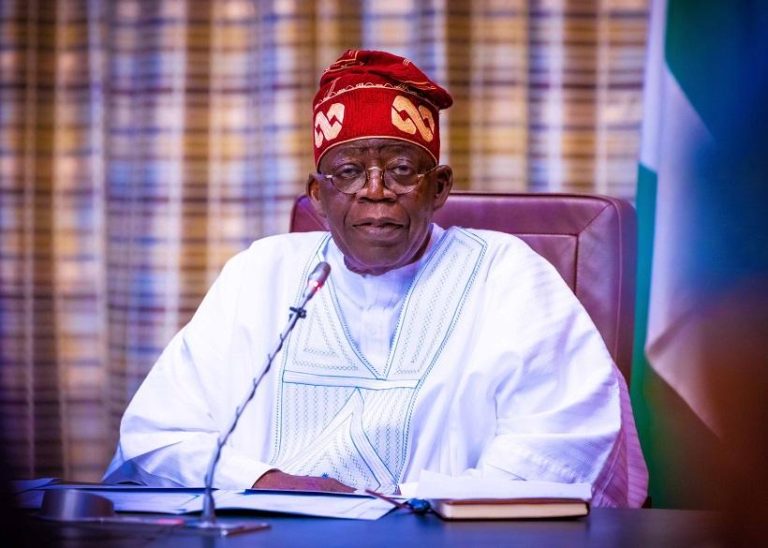

Director-General of the Securities and Exchange Commission (SEC), Dr Emomotimi Agama, has raised concern over new data showing that cryptocurrency trading and gambling have now surpassed traditional stock market participation in Nigeria.
Speaking in an interview with ARISE News on Tuesday, Dr Agama said the trend reflects a mix of economic pressures, behavioural factors, and shifting digital realities. He, however, expressed optimism that recent reforms and the new Investments and Securities Act (ISA) 2025 would help reverse the imbalance.
“It is a complex problem rooted in economics, psychology and local realities,” he said. “The shift of Nigerians towards such speculative investments did not start today. However, since Mr President appointed the current SEC team in April 2024, the Nigerian market capitalisation has grown from about ₦55 trillion to over ₦98 trillion — nearly a 100 percent increase. That shows clear progress, even though only about three million Nigerians currently invest in the capital market compared to the millions engaged in gambling and cryptocurrency.”
Dr Agama explained that the new ISA 2025 now places digital assets, including cryptocurrency, under SEC regulation.
“By law, cryptocurrency trading is now recognised as part of the capital market, even though it remains speculative. What we’re witnessing is the result of both push factors — issues that drove people away from the market — and pull factors, such as the attraction of quick returns from crypto and betting,” he said.
He noted that despite challenges, market performance indicators were improving.
“In 2024, the market’s contribution to GDP stood at about 13 to 15 percent. Today, it has moved up to 33 percent. That, for us, is very significant,” he stated.
On the growing appeal of gambling, the SEC boss cautioned that betting cannot drive economic growth the way the capital market can.
“There’s a clear difference between the capital market and gambling,” Dr Agama explained. “The capital market is about capital formation — raising funds to expand production, create jobs and drive infrastructure. It is the barometer of any economy. When the capital market grows, the economy grows. Gambling, on the other hand, contributes little to real sector growth or wealth redistribution.”
He emphasised that Nigeria must prioritise mainstreaming the capital market into the broader economy.
“We must move Nigerians toward the capital market because that’s what brings real development, wealth creation, and employment,” he said.
Dr Agama identified financial literacy as central to converting the nation’s appetite for risk into productive investment.
“Nigeria’s demography is a huge asset,” he said. “At the SEC, we are working hard to improve capital market education through partnerships with universities and the Nigerian Educational Research and Development Council to integrate capital market studies into the curriculum. We’ve also launched a podcast office and are setting up the Capital Market Radio to promote awareness and understanding.”
He added that SEC’s digital literacy drive would target young Nigerians, helping them see investment not merely as an elite pursuit but as a patriotic contribution to national development.
“Without education, people will not understand the value of capital or how it helps in wealth creation. One of the greatest avenues for wealth creation is through the mutual fund concept, which is open to all Nigerians, including children. We’re working tirelessly to make young Nigerians see the market as a viable and inclusive platform for building their future,” he said.
Dr Agama reaffirmed SEC’s commitment to building a transparent and inclusive financial ecosystem, urging Nigerians to redirect their energy from gambling to investments that foster sustainable economic growth.
“Our message is clear — the capital market is where real growth happens. It is time for Nigerians to come back to the market,” he concluded.
Boluwatife Enome



